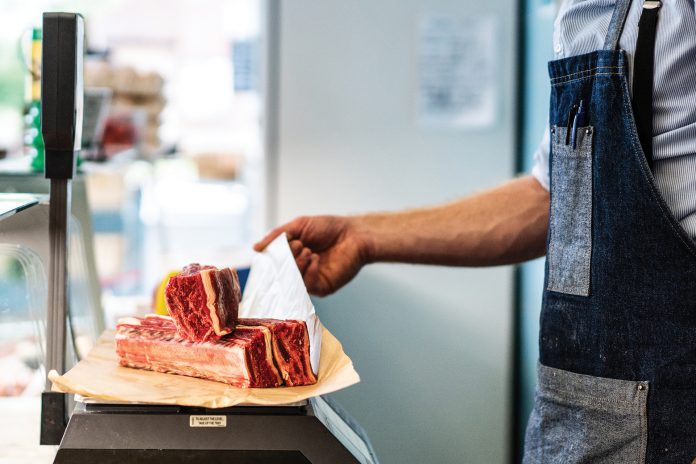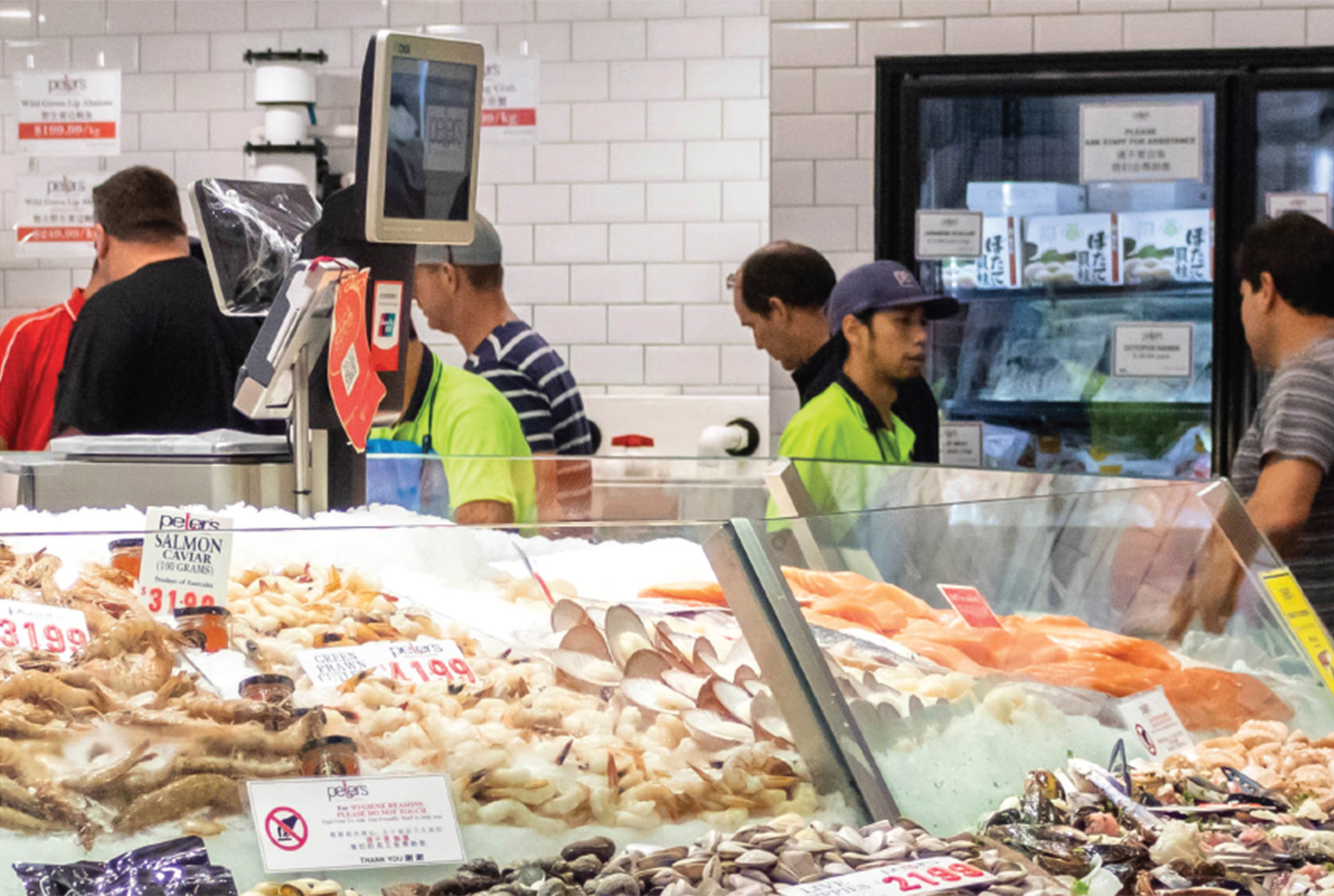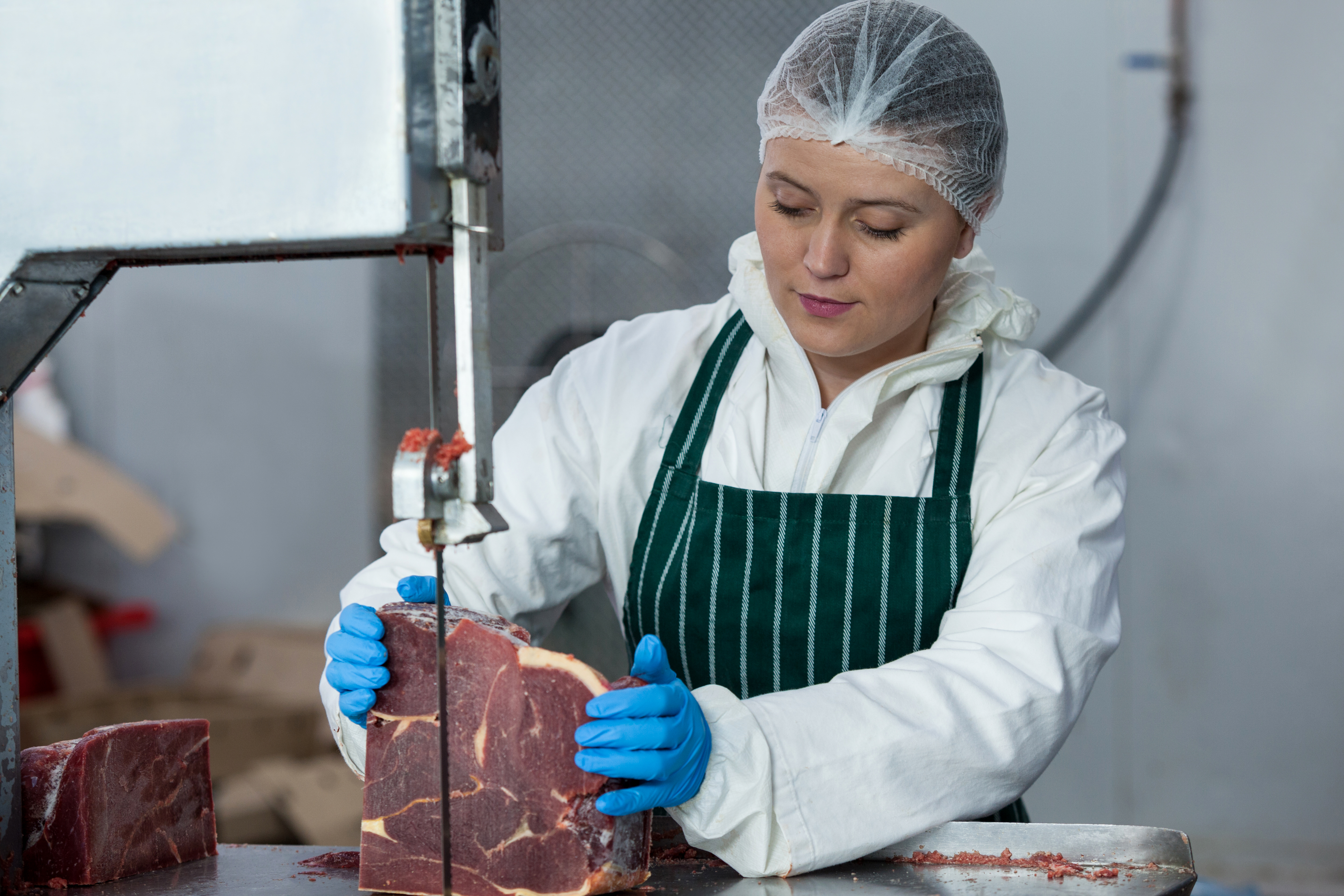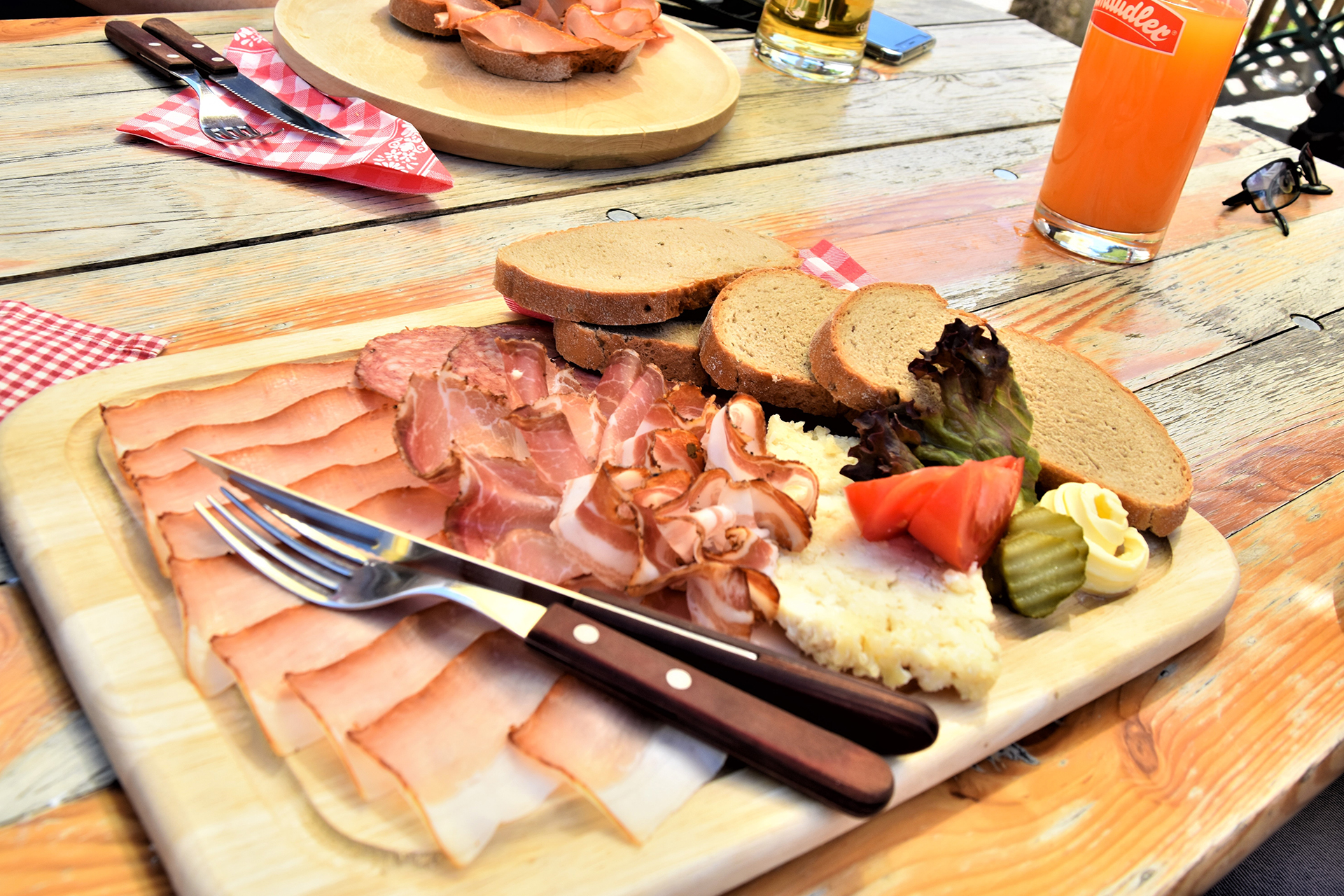
As technology continues to disrupt almost every industry, there are few professions left that have remained virtually unchanged. But take a trip to the local butchers and you’ll be following in the footsteps of countless previous generations. After all, he (or she) has long acted as a hub for the community, while delivering the all important service of providing the meat that feeds us and our families. So, what does a modern butcher’s job look like, and how long have the butchers themselves been in the industry?
We spoke to six butchers around the country to get the lowdown, including Frank Galipo of Galipo’s Midtown Meats in Ingham, Qld, who has been in the business for 40 years. This longevity isn’t rare in butchery: many enter the profession at a young age, and many come from families of butchers. In fact, every butcher we spoke to has been in the trade for at least 15 years, with Adrian Prior of Frederickton’s Eversons Food Processors in NSW and Robert Constable of Robert’s Meats in Singleton, also in NSW, both serving for three decades.
Constable says he’s enjoyed every day of his 30 years in the industry – another reason people stick with butchery. “It’s a great job and trade,” he says. It’s a sentiment shared by the others, though Gregg Wehlow of Dawson Road Butchery in Allenstown, Qld, warns that anyone new to the profession must “be passionate about it and not just do it for a ‘job’, or you will never reach your full potential”. This passion is shown in the dedication the butchers put into the craft, with long hours common. It also reflects the fact that customers’ needs have changed, with many now visiting their local butcher looking for ready-made products.
This has seen butchers become adept at preparing meals, using ingredients such as Lesnie’s Pork Newri or the Marinade Italiano to guarantee the flavour and quality of their wares. In line with this, Callan Ihle of Cardwell Butchery in Cardwell, Qld, says he has had to “become more creative over time”. In northern NSW, Yamba Fair Butchery’s Chris O’Connor agrees, and says his skills have improved through “listening to other people’s ideas and customer feedback, and being open to constant change”. And it’s this last point – the value of talking to customers – that they agree is truly priceless. “It’s the most important skill to have,” says Constable.









